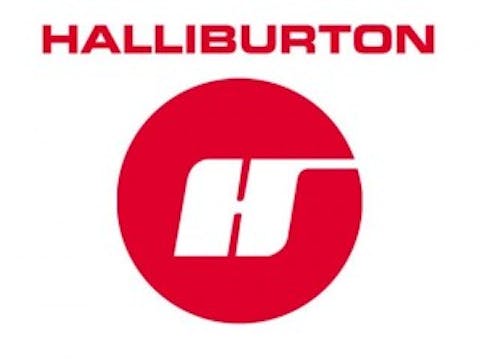
ValueAct did dump a couple of its top picks, selling off all of its shares of Halliburton Company (NYSE:HAL) and Moody’s Corporation (NYSE:MCO), which at the end of 2012 were the fund’s seventh and fourth largest holdings, respectively. The Halliburton sell-off comes as the North American land-rig count is expected to plateau in the near future, which will have a negative impact on Halliburton Company (NYSE:HAL)’s business.
The new environmental regulations for hydraulic fracturing (or fracking) in the shale plays could also impact the company negatively, as it would force Halliburton Company (NYSE:HAL) to reveal the structure of its fluids, and potentially wipe out its competitive advantage in the high-end pressure-pumping market. There also remains the overhang related to the liability exposure to the Deepwater Horizon rig disaster.
Causing problems for Moody’s Corporation (NYSE:MCO) is the sluggish U.S economy and financial industry concerns. In addition, many of the credit-rating agencies have been under scrutiny related to inflated ratings on mortgage-backed securities that resulted in the 2008 to 2009 credit crisis.
Moody’s Corporation (NYSE:MCO) is also seeing robust competition in most of the markets, including Fitch, S&P Ratings and Morningstar for its credit-rating sector. In the analytics segment, the competition includes Dun & Bradstreet, Bloomberg and Fiserv. Billionaire Warren Buffett also recently trimmed his Moody’s Corporation (NYSE:MCO) stake (see why).
Meanwhile, ValueAct added Microsoft Corporation (NASDAQ:MSFT) and McGraw-Hill to its portfolio during the first quarter. Microsoft now makes up approximately 10.8% of its 13F and is the fund’s fourth-largest holding. The tech company’s fiscal third-quarter 2013 EPS earnings revealed that all of the company’s segments grew strongly from the year-ago quarter.
Microsoft Corporation (NASDAQ:MSFT) still has a leading position in the PC market, given its operating systems are used in the majority of PCs worldwide. The PC market has been slowing down over the last two years due to tablet cannibalization. Microsoft’s future growth will come, in part, from its mobile segment.
The company launched Windows 8 with a mobile focus, but its other major tailwind business will be the cloud space via its server business. The server segment posted double-digit revenue growth in fiscal years 2010, 2011 and 2012. Billionaire David Einhorn has also gotten bullish on Microsoft Corporation (NASDAQ:MSFT) of late (see other stocks Einhorn’s bullish on).
ValueAct sold off one credit-rating agency, Moody’s Corporation (NYSE:MCO), and added the other major agency, McGraw-Hill, to its portfolio, which is now ValueAct’s 12th largest holding. McGraw’s key segments are S&P Capital IP, which provides risk evaluation, investment research and data, and Standard & Poor s Ratings Services, providing credit ratings.


